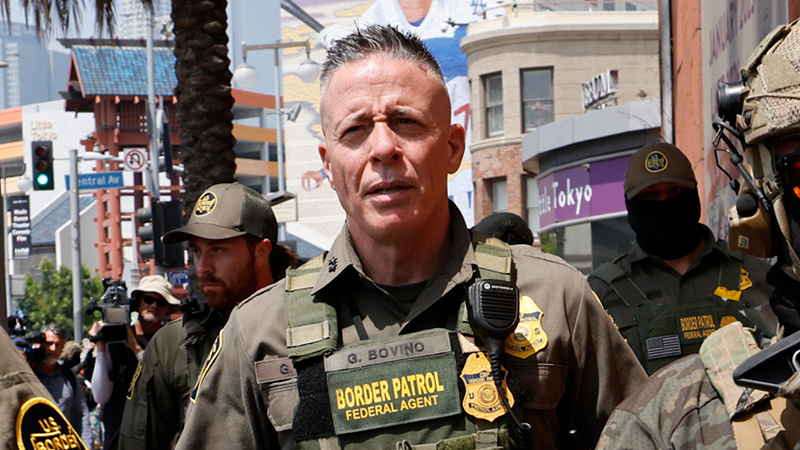
Tensions ran high in Chicago during the week of October 20-24, 2025, as heated debates over immigration enforcement and city finances dominated the headlines. Federal officials faced legal battles and public outcry regarding their tactics, while City Hall wrestled with a contentious budget proposal. These key events highlight a city grappling with complex legal, financial, and social challenges.
Immigration Enforcement Under Fire
This past week, federal immigration officials in Chicago found themselves under intense scrutiny for their methods during “Operation Midway Blitz,” a month-long enforcement campaign. Concerns over increasingly aggressive tactics led to significant legal challenges. On Monday, October 20, a federal judge sharply questioned immigration officials about their use of force during recent operations. This followed the judge’s order from the previous day requiring agents to wear body cameras, a move that officials from the Department of Homeland Security publicly criticized as “an extreme act of judicial activism.” The debate also extended to civil liberties, with a prominent national newspaper questioning whether immigration agents were unlawfully targeting individuals based on their race or ethnicity.
Federal Lawsuit Filed Against Border Patrol Chief
The clash between protesters and federal agents escalated, culminating in a new federal lawsuit. On Friday, October 24, a notice of violation was filed against U.S. Border Patrol Chief Gregory Bovino. The suit alleges that he violated a federal judge’s temporary restraining order during a protest in Chicago’s Little Village neighborhood. Specifically, the lawsuit accuses Chief Bovino of throwing a tear gas canister at protesters on Thursday, October 23, an action that directly contravenes the court’s order aimed at de-escalating confrontations. This legal action marks a significant development in the ongoing conflict over federal law enforcement conduct in the city.
City Budget Debates Continue
Meanwhile, at City Hall, Mayor Brandon Johnson’s proposed $16 billion budget faced resistance from some City Council members. The plan, which aims to address the city’s financial needs, includes nearly $500 million in proposed tax hikes. A particularly controversial element is a monthly head tax on large companies, a measure that has drawn opposition from Illinois Governor J.B. Pritzker. In a related financial dispute, alderpeople raised objections to a proposal to use over $550 million in surplus Tax Increment Financing (TIF) funds. The administration’s plan would direct these funds to help close a budget gap for Chicago Public Schools, but the use of TIF money remains a point of contention among city leaders. While these major events unfolded in Chicago, the Will County Judiciary and Law Enforcement Committee also held a budget meeting, indicating that fiscal planning is a key focus across the greater metropolitan area.
Summary
In a turbulent week for Chicago, the city saw major legal and political clashes. Federal immigration enforcement tactics led to a court order for body cameras and a lawsuit against a top Border Patrol official for actions against protesters. At the same time, Mayor Johnson’s budget proposal, with its significant tax increases and controversial head tax, sparked debate and skepticism within the City Council. These events underscore the significant pressures facing the city’s leadership on both a federal and local level.
#ChicagoNews #ImmigrationDebate #CityBudget
